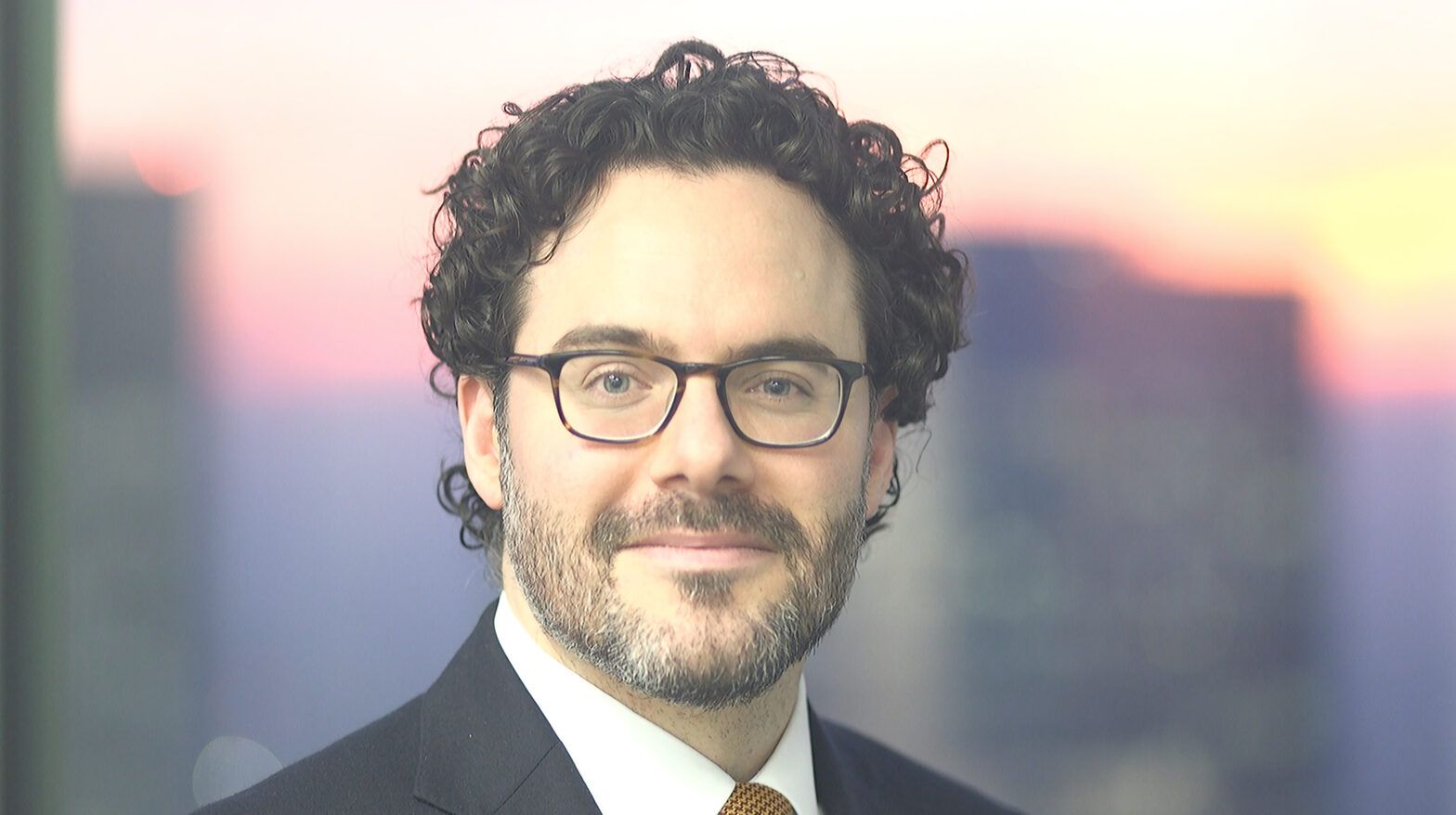Wealthy families are increasingly embracing impact investing within their portfolios as the older generation in particular are changing their stance on aligning their values with investments, and want to leave the world a better place.
A study by Campden Wealth for Global Impact Solutions Today (GIST) and Barclays Private Bank, which collected data from nearly 150 respondents – ranging from world’s wealthiest individuals, families, family offices, and their foundations – from 35 countries, with an average of $730m in assets under management, found that more than a third (36%) want to demonstrate their family wealth can be invested for positive outcomes – a 13% increase on the previous year’s findings.
Furthermore, more than half said sustainable investing is bridging the gap between younger and older generations, and almost 70% reported sustainable investing is being embraced by the generation in charge of the family’s wealth.
More than three quarters (77%) of those interviewed said they want to leave the world a better place, and 84% said their private capital will be essential in addressing climate change. In further encouraging results, nearly two-thirds (59%) said they would like their family portfolio to be aligned with, at minimum, a 2°C scenario of the Paris Agreement.
Sacrificing returns?
Although 61% said they would be willing to sacrifice some financial returns if their investments helped to prevent climate breakdown, 39% said that incorporating sustainability criteria into their investments will lead to better returns and reduced risk, while 80% said returns do not always have to be sacrificed to invest for impact.
When asked for projections for the next five years, respondents expect impact investments to either outperform (37%) or perform at the same level (44%) as traditional investments. Overall, they expect their average portfolio allocation will be around 50% five years from now, but 37% of respondents said they expect to have 80-100% of their portfolio invested sustainably.
“These global wealth holders have realised their capital makes an impact on the world,” commented Damian Payiatakis, head of sustainable and impact investing at Barclays Private Bank (pictured). “Accordingly, they want their portfolio to be lucrative and to be personally meaningful. The mindset shifts I’m seeing is to invest not only for tomorrow, but to influence it.
“And at this pivotal moment, their investments have become a means to play their part to create a more just and sustainable world. The challenge now is helping more individuals, families, and family offices to move from awareness to action.”
The study also found 80% believe involving the next generation in sustainable investing will prepare them to take on greater family responsibility, with nearly half (44%) strongly agreeing.
Rebecca Gooch, senior director of research at Campden Wealth, said: “Wealth holders and their family offices are adopting sustainable investing at a rapid pace. While the next generation initially led the charge into sustainable investing, a bridge is now being created between current and future generations, as the desire to combat longstanding social and environmental issues intensifies.
“This is enabling the landscape to grow rapidly, and investors are now reaping the benefits of both the social and economic returns sustainable investments can provide. This is leading even traditional investors to see that integrating ESG factors into investment decisions is simply good business practice.”








